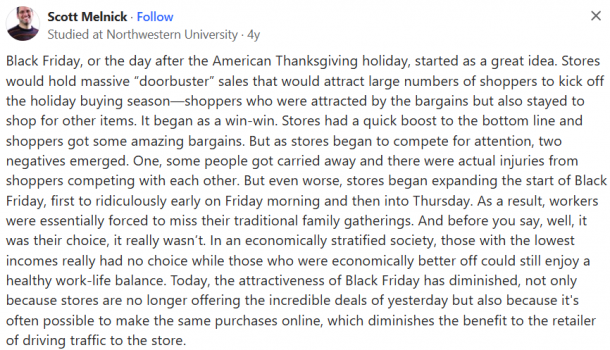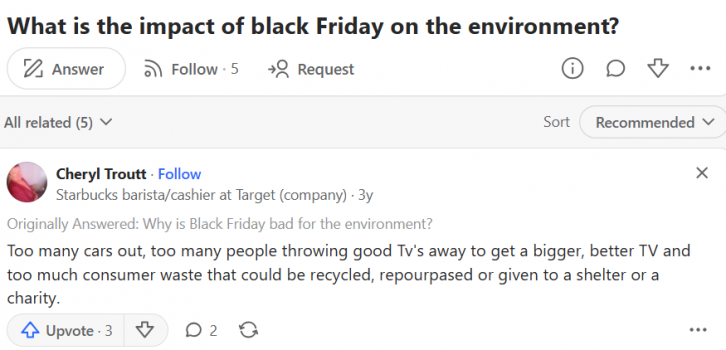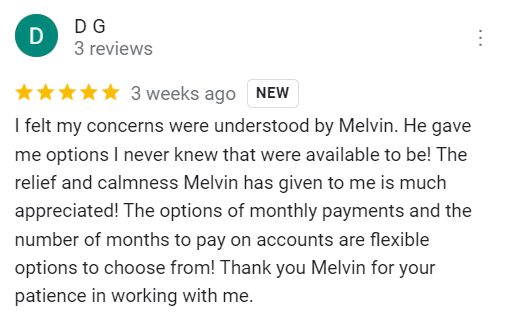
Every year, Black Friday lures millions of shoppers with promises of unbeatable deals. It’s a day synonymous with excitement, long lines, and a chance to snag that dream item at a bargain price. But while the discounts may seem irresistible, the hidden downsides of Black Friday often go unnoticed. From financial strain to environmental impact, understanding why this day is bad can help you make informed decisions.
What Is Black Friday?
Black Friday is the day after Thanksgiving in the United States, typically marking the beginning of the holiday shopping season. Retailers offer massive discounts, extended store hours, and special promotions to attract shoppers. Over time, it has grown into a global phenomenon, with online sales playing an increasingly important role.
This day is crucial for retailers, as it often represents one of the most profitable periods of the year. But while it might be great for businesses, the pressure to buy can lead to overspending, especially if you aren’t careful.
Understanding The Story Of Black Friday
The origins of Black Friday are as complex as its modern-day implications. The term first gained traction in the 1960s when Philadelphia police officers used it to describe the chaos caused by massive crowds of shoppers and tourists in the city after Thanksgiving. Retailers eventually reframed the term, associating it with financial success—the day their sales would go “into the black.”
Since then, Black Friday has evolved. What started as a day of in-store promotions has now expanded to online deals, Cyber Monday, and even pre-Black Friday sales.
Why Black Friday Is Bad
Black Friday may seem like a shopper’s paradise, but it comes with several hidden drawbacks:
1. Encourages Overspending
Retailers use psychological tactics to create a sense of urgency, making you feel like you’re missing out if you don’t buy immediately. Limited-time offers, countdowns, and doorbuster deals can push people to purchase items they don’t really need.
2. Contributes To Debt
Many people rely on credit cards to fund their purchases. While a great deal might feel worth it at the moment, high-interest credit card debt can quickly accumulate. This ties into the broader problem of consumer debt, which affects millions of households across the U.S.
3. Promotes Overconsumption
Black Friday’s emphasis on material goods often encourages wasteful spending and consumerism. Many items purchased during the frenzy go unused, contributing to clutter and buyer’s remorse.
4. Negative Environmental Impact
The environmental cost of mass production, packaging, and shipping is another downside. The more we consume, the greater the strain on natural resources and the environment.
What People Are Saying On Forums
When looking into this topic, online forums like Quora provide helpful thoughts from real people. Here are a few key points:
Why Is Black Friday Bad?

Is Black Friday Bad For The Environment?
This post discussed the environmental consequences, highlighting the waste generated and consumerism.

Is Black Friday Bad For Your Wallet?
Another user emphasized how this day encourages unnecessary purchases.

CuraDebt Reviews
At CuraDebt, we understand the stress that debt can bring. Our clients have shared stories of how we’ve helped them regain financial control. Here’s what some of them have to say:



If you’re feeling overwhelmed by debt, you’re not alone. Reach out for a free consultation today and start your journey toward financial freedom.
Conclusion
This day may seem like a great chance to save, but it comes with risks that can affect your finances and well-being. From overspending and falling into debt to its impact on the environment, it’s important to think carefully before diving into the shopping frenzy.
At CuraDebt, we’re here to help if Black Friday—or any financial challenge—has left you with debt. With our free consultation, you can explore solutions tailored to your needs.
Let this day be a reminder to prioritize your financial health. If you’re ready to take control of your debt, contact CuraDebt today.

